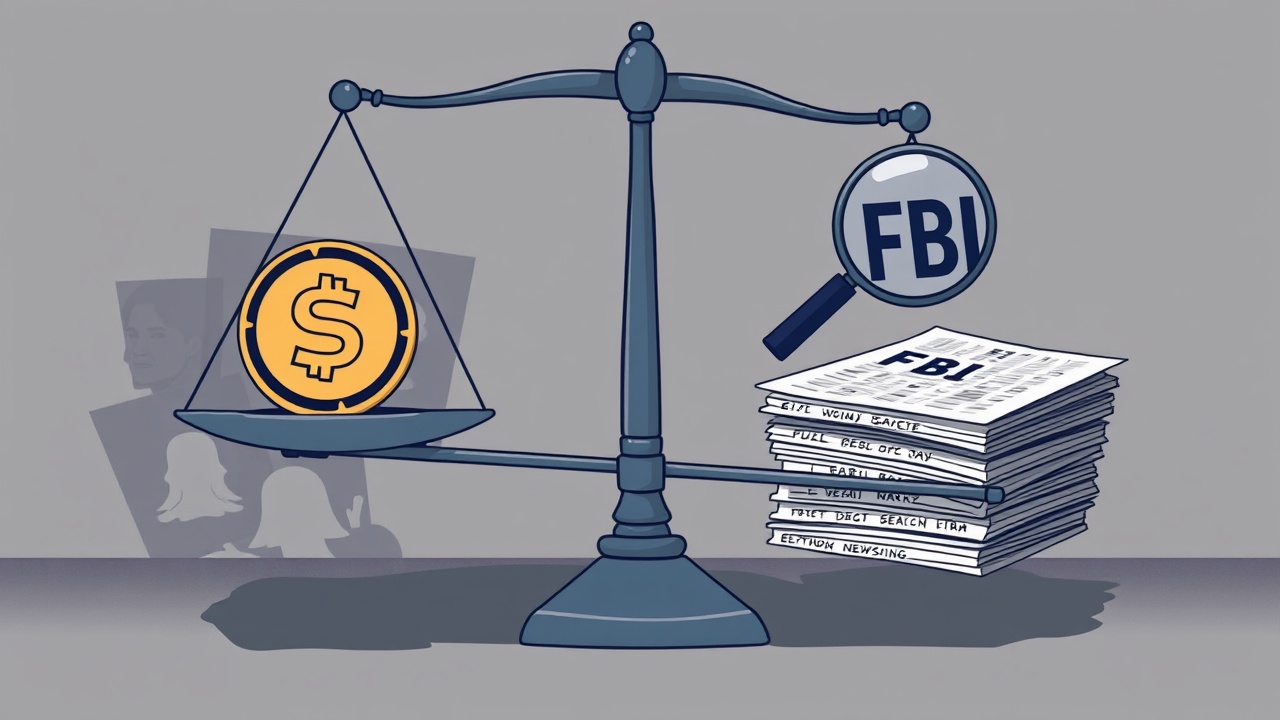Overview of the SafeMoon Case
The recent fraud and money laundering conviction of Braden John Karony, the CEO of SafeMoon, has intensified regulatory oversight of cryptocurrency promoters in the United States. The FBI is actively reaching out to individuals who experienced losses from the now-defunct decentralized finance (DeFi) project, and has initiated a victim questionnaire designed to gather information pertinent to potential restitution and to understand the breadth of the fraudulent activity.
Conviction Details
Last month, a jury in Brooklyn found Karony guilty after a two-week trial, revealing that he and his co-founders illicitly extracted over $200 million from SafeMoon’s liquidity reserves, despite their claims that these assets were securely locked away. In a statement regarding the new questionnaire, the FBI indicated that the information collected will be critical in categorizing SafeMoon investors as victims under federal law, which may enable them to receive compensation and other necessary support. Importantly, the agency has reassured participants that their responses will be kept confidential.
Implications for the Cryptocurrency Industry
Legal experts have noted that the implications of this case extend beyond SafeMoon itself, suggesting it signals a more substantial crackdown on DeFi initiatives as regulatory agencies increasingly engage with the space. Lionel Iruk, a senior advisor with expertise in financial markets, remarked that the case underscores the fact that promises made within liquidity pools and tokenomics must adhere to the same legal standards applicable to traditional financial products.
Iruk further explained that the SafeMoon ruling highlights that using advanced technologies, such as smart contracts, does not exempt projects from regulatory scrutiny. This should encourage creators to maintain a cautious approach toward transparency and avoid overreliance on marketing tactics.
Challenges in Restitution
However, challenges arise in the process of restitution. Factors such as unsteady token values, scarce transaction records, and the complexity of tracing misappropriated funds complicate matters for victims seeking compensation. Iruk pointed out that varying purchase prices and the volatile nature of the cryptocurrency market complicate the determination of equitable restitution. Additionally, even when funds are recovered, distributing them equitably to numerous investors presents significant logistical challenges.
Future of Token Development
The legal outcome is deemed a crucial legal benchmark, prompting future token developers to adopt responsible practices and to implement more robust systems designed to protect investors. Wesley Crook, CEO of blockchain engineering firm FP Block, emphasized the importance of transparency and the need for systems that intrinsically protect against manipulation, rather than relying solely on reactive measures to ensure integrity among investors. Crook echoed concerns about the difficulties of achieving full restitution given the dispersed and pseudonymous characteristics of decentralized finance, advocating for better-designed systems built for investor protection.




